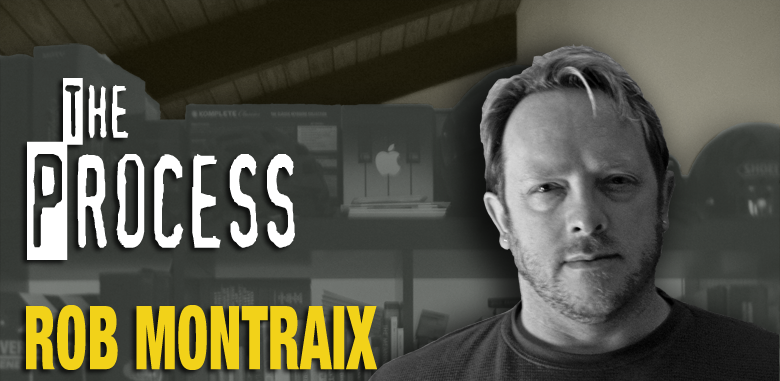I’m writing a short story, but what exactly does that mean?
I won’t dwell on Red’s “—I know what you think it means, sonny,” reference from The Shawshank Redemption, but it does have a bearing on the current world of short stories. Red doesn’t believe that the chairman of the parole board has the slightest idea of what “rehabilitation” means to him. And he’s right.
In the world of short stories, I think we as readers, and even writers, tend to play more the chairman of the parole board role. But begin to live a short story, and its reality does not meet your preconceived notion. Take a 30,000 foot view of how short stories are written these days, I think you’d be surprised.
Authors, both great and small—of which I’m admittedly in the latter group, while aspiring to be part of the former—are addressing the eBook short story market because it makes a lot of financial sense. It’s also a great option for the casual reader. $2 to $5 for hours of entertainment, and I don’t even have to leave my damn sofa to buy it.
But I’ve been reading some of the popular short eBooks out there, and while they’re still entertaining, are they a story capable of any level of complexity? In my experience, not so much. As a reader, I have liked the stories: they still have a beginning, a middle, and an end; but more often than not, they feel like a somewhat more satisfying first third of a book.
Is that a bad thing? I have no idea … I really don’t. I don’t even feel qualified to answer the question, but I am interested in what you think. Read an eBook or two that’s 100 to 200 pages, and let me know what you think, I’m sincerely interested.
In part, my personal perspective on this is reflective of my previous blog, “You Want People to Love Your Book …” in which I asked the question, “What do I want from this book?” It’s a question that could, potentially, bite you in the ass earlier in THE PROCESS when you switch genres. I realize that I enjoy writing about the interaction of characters and how that interaction affects characters. I like writing about people fucking with each other, both figuratively and sometimes literally, and the emotional and psychological fallout of man’s great and not-so-great intentions. I enjoy a good misdirection, because in the real world, sometimes even geniuses do stupid shit. (I’ll go into this in greater detail in the next blog, I promise).
For better or worse, I guess my stories tend to be about the people in the situation, as opposed to the situation itself. I don’t tend to immerse my characters in sensory details of the grain of a well worn hardwood floor that have worn through the varnish, providing an extra micrometer of traction that somebody used to their advantage over somebody else. I tend to be more of a macro scale writer than that. I find the subtle sarcasm and oneupmanship between friends, admirers, coworkers, and lovers to be worth more attention. But that does not make me right, by any means; it just makes me, me.
My approach to this short has been to get the story out there, that’s why I’m writing this book, which in retrospect is very similar to my approach for my first novel. I made the conscious decision to go for plot, thought and emotion first and foremost; I’ll broaden my color choices from the palette only where it helps the story.
Will every reader agree with my approach or find it satisfying? I doubt it. But every reader is different, we all want different things from the stories we read. To some, a story is at its best when it is pure, sensory immersion. To others, it’s a diversion of reality, an escape from our world into somebody else’s world. Others find solace in the gifts of the language itself, and wrap themselves up in a otherworldly articulation of prose. They are all right in seeking what moves them.
I aspire to embrace the best of these traits where my story allows it. For me, though, for where I’m at in my little corner of the literary world, the stories are still writing themselves—and for that I’m grateful. My PROCESS tends to write stories that I’m trying to guide onto the page. For me that works. I hope that you like it, too. If you don’t, I hope you find someone who’s writing does mean something to you.
So my short story is going to be a story. A complete story, not the first third of a novel. I’ll see if that works. I’ll see how long or short it wants to be when it writes itself. Maybe that, the story’s ability to write itself, is its strength. Perhaps my strength as a writer, is being able to stay out of its way.
